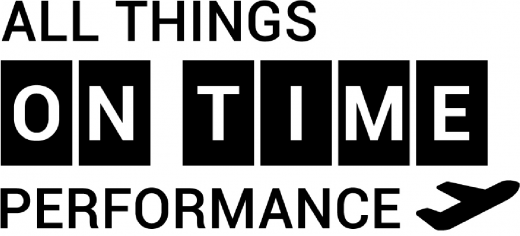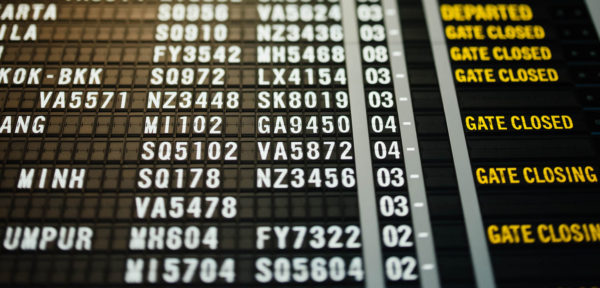“Goaaaaaaal!” Football fans around the world are vibrating with excitement. The UEFA Euro 2024 kicks off in a matter of hours, and it’s shaping up to be as epic as ever. Ten stadiums, ten cities, and one country will be the backdrop for 24 national teams competing for the trophy. Between June 14 and July 14, European football history will be written, with over 2.7 million fans from 120 countries expected to cheer their favorite teams on the spot. But amidst the enthusiasm that only a sporting event like this can generate, significant logistical challenges arise.
Host country Germany has been preparing to welcome an influx of fans, teams, and officials, many of whom will be traveling by air. This poses several challenges for the aviation industry, necessitating innovative solutions to address them.
Surge in Air Traffic Troubles Capacity Management
One of the primary challenges during UEFA Euro 2024 will be the dramatic increase in air traffic. This surge will test the capacity of both airlines and airports, requiring efficient management to prevent delays and congestion.
To better connect fans to the heart of the action, some airlines have introduced additional routes from several European cities to major tournament locations. These expanded offerings provide more convenient, cost-effective, and seamless travel options.
With increased flight frequencies to handle, carriers need their fleets to be fully operational. This includes addressing any maintenance backlogs and ensuring that aircraft are available to meet the demand.
Supply Chain and Maintenance Issues
The aviation industry is already facing supply chain disruptions, which affect aircraft maintenance and the availability of spare parts. These issues are likely to be exacerbated by the demands of UEFA Euro 2024. Airlines are currently experiencing delays in receiving new aircraft and essential spare parts, impacting their ability to maintain fleet readiness.
To address these challenges, carriers are increasingly relying on lease agreements to cover short-term fleet shortages. This approach, while beneficial, requires careful logistical planning and financial consideration to meet the heightened demand during the tournament.

Enhanced Security and Passenger Experience
Any massive event demands heightened security protocols to keep travelers safe. Fully booked flights with energetic fans add to the challenge, creating the perfect mix for long queues at security checkpoints. This can result in flights departing behind schedule.
How can safety be ensured without compromising the traveler experience? The implementation of advanced solutions can be a real game-changer. By using real-time passenger figures and maximum waiting time data, airports can dynamically adjust the number of open security lanes, reducing wait times.
Infrastructure and Staffing Challenges
The infrastructure at major German airports will be under considerable strain, particularly in terms of managing the increased volume of passengers. Efficient use of gates, stands, baggage belts, and other fixed airport resources is essential for smooth operations and improved on-time performance.
During hectic times like the UEFA Euro 2024, having the right staff at the right moment can save valuable time and costs. Aviation entities must have sufficient trained personnel to manage the increased workload. This includes ground staff, security personnel, air traffic controllers, and customer service representatives. Investing in temporary staffing solutions and comprehensive training programs can help to maintain service quality during the event.
Environmental and Regulatory Considerations
The increased air traffic will also raise environmental concerns and regulatory challenges. The aviation industry is under pressure to reduce its carbon footprint, and the surge in flights for UEFA Euro 2024 will inevitably increase emissions. Initiatives like the Single European Sky and the adoption of sustainable aviation fuels (SAF) are steps towards mitigating this impact, but broader adoption and implementation are necessary.
Regulatory bodies must also ensure that safety and security standards are maintained amidst the heightened activity. This includes managing air traffic control, adhering to noise regulations, and complying with international safety standards.
Soaring into UEFA Euro 2024
The Euro 2024 soccer competition presents a unique set of challenges for aviation. From dealing with increased passenger volumes to upholding regulatory compliance, the industry’s ability to adapt and respond effectively will be crucial.
And if we talk about responsiveness, there are solutions supporting decision-makers navigating these challenges. Optimally managing existing airport infrastructure and ensuring the right number of personnel with the right skills are on duty during peak times translates to seamless processes and a smooth, enjoyable travel experience during the tournament.
>> How do you think airports and airlines can further enhance their efficiency and passenger experience during major events like the UEFA Euro 2024? Let us know what you think in the comments!





0 comments on “From Runway to Kickoff: Aviation and the UEFA Euro 2024”